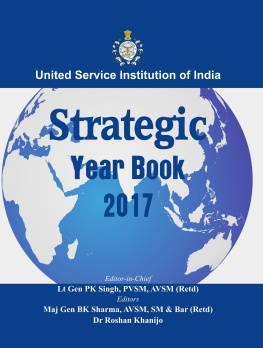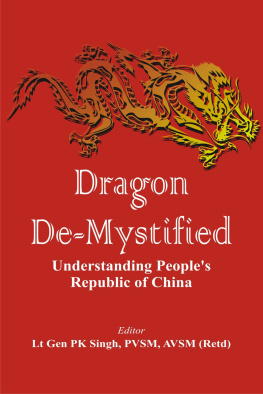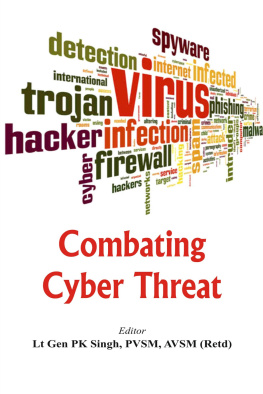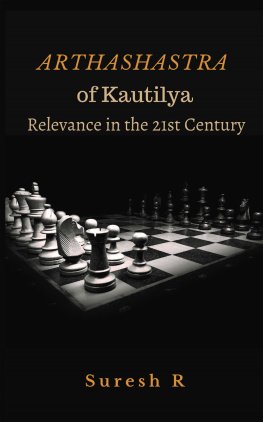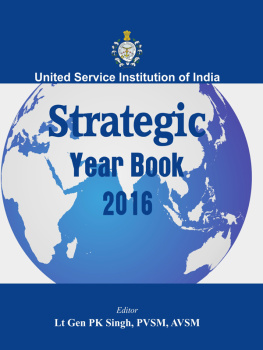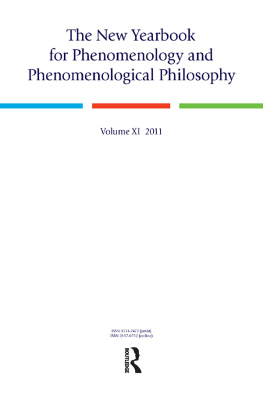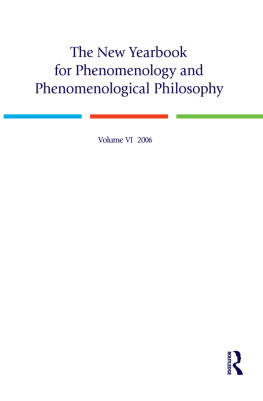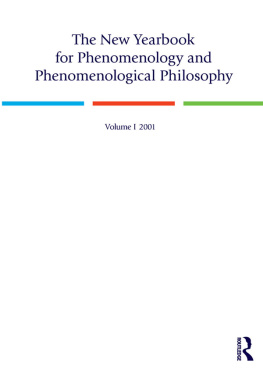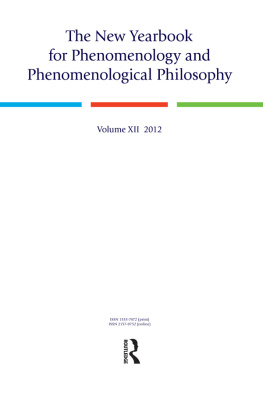USI Strategic Year Book
2017
United Service Institution of India
Strategic Year Book
2017
Editor-in-Chief
Lieutenant General P K Singh, PVSM, AVSM (Retd)
Director USI
Editor
Maj Gen BK Sharma, AVSM, SM & Bar (Retd)
Deputy Director (Research)
&
Head Centre for Strategic Studies and Simulation (CS3), USI
United Service Institution of India
New Delhi
United Service Institute of India
Strategic Year Book 2017
Published in 2017
Copyright (c) United Service Institution of India
The United Service Institution of India
Rao Tularam Marg,
Post Bag No. 8
Vasant Vihar P.O.,
New Delhi 110 057
Phone (O) =91-11-26146756, 26146755
Website: www.usiofindia.org
ISBN : 978-93-86457-14-1 (Hardback)
ISBN : 978-93-86457-15-8 (ebook)
Published by
Vij Books India Pvt Ltd
(Publishers, Distributors & Importers)
2/19, Ansari Road
Delhi 110 002
Phones: 91-11-43596460, 91-11-47340674
Fax: 91-11-47340674
e-mail:
web : www.vijbooks.com
All rights reserved. No part of this publication may be reproduced, stored in a retrieval system or transmitted in any form or by any means, electronic mechanical, photocopying, recording or otherwise without the written permission of the Copyright owner.
Editorial Team
Editor-in-Chief
Lieutenant General PK Singh, PVSM, AVSM (Retd), Director USI
Editor
Major General BK Sharma, AVSM, SM & Bar (Retd), Deputy Director (Research) and Head Centre for Strategic Studies and Simulation (CS3), USI
Editorial Assistant
Dr Roshan Khanijo, Senior Research Fellow and Research Coordinator, USI
This publication has been conceptualized by the Director, USI and his staff. It incorporates commissioned contributions from recognized subject experts. The USI would like to thank various individuals who contributed their expertise to compilation of this publication. The views expressed herein are of the authors and not of the USI.
Contents
Foreword
I ndia is at the cusp of its strategic destiny in a globalized world. The country is witnessing tangible comprehensive national development, proactive diplomacy and enhanced deterrence capability. The South Asian States / Indian Ocean littorals accept Indias leadership role and look at it as a potential net security provider. The policy of multi - vector strategic engagement has placed India in a pivotal position to swing the balance of power in the Indo Pacific region and act as a responsible stakeholder at the global arena. The ongoing comprehensive economic, administrative and defence reforms are hoped to fast - track Indias quest for becoming a great power in the comity of nations. However, a buoyant India faces a multitude of vexed internal security challenges and formidable Pakistan-China Strategic Nexus. One of the critical implications of this nexus is the manifestation of full conflict spectrum rooted in Collusive Hybrid Threats in the sub- conventional, conventional and nuclear domains as well as in the cyber, information and outer space. India should also be prepared for contingencies, within and outside the country, that demand rapid response to mitigate humanitarian crises and restore normalcy in the event of grave terrorist strikes or actions by rogue elements against a friendly regime. Presently, our approach to national security threats and crises is somewhat, adhoc, compartmentalized and reactive. India has yet to formulate a comprehensive national security doctrine or to create an institutionalized system of undertaking 360 degree horizon scan of internal and external security environment and continually analyse its impact on Indias national interests and expanding strategic objectives in a milieu of uncertainty. There is no tradition of publishing Strategic Defence Reviews or White Papers on security. In Indias refining strategic culture there is an imperative need to identity a realistic strategic gap vis a vis our competitors and steadfastly develop leverages and capacities to achieve a favourable strategic balance in South Asia / IOR. To this end, we need to streamline system of policymaking and its time-bound implementation. Concerted efforts are needed to achieve desired synergy and optimization in the instruments of national power. The mantra for Indias transition from a balancing to leading power entails developing comprehensive national power; development, diplomacy and deterrence as its three pillars.
The United Service Institution of India (USI) published its flagship Strategic Yearbook 2016 based on the overarching theme of comprehensive national security with contributions from Indias noted strategic experts. The publication was widely appreciated by the policymakers, strategic community and academia for its quality, content and relevance in matters of national security.
The USI Yearbook 2017 seeks to provide readers an insight into Indias evolving national interest, geopolitical developments in the strategic neighbourhood, conflict spectrum, measures for developing comprehensive national power and defence capability. I am sanguine that this publication will be useful in generating informed debates and cross- fertilization of varied perspectives.
Jai Hind | |
New Delhi | Lt Gen PK Singh, PVSM, AVSM (Retd) |
15 March 2017 | Director, USI |
Introduction
T he editorial team is privileged to present to august readers, a continuum of strategic perspectives in five sections, viz, Indias Internal Security Dynamics, Indias Strategic Neighbourhood, Conflict Spectrum, Indias Comprehensive National Power and Indias Defence Capability.
Section I: Indias Internal Security Dynamics, commences with an article on Revisiting Indias National Security Interests and Objectives in the Evolving Geo-Strategic Milieu by Shri Rajiv Sikri, IFS (Retd). The author provides an overview of the world in 2017, articulates Indias national security interests and objectives, and suggests a strategy for achieving the same. Changing nature of proxy war in Kashmir is one of the most formidable security challenges for India. Lt Gen Syed Ata Hasnain (Retd),offers an insightful perspective on, Changing Nature of Asymmetric/ Hybrid War in J&K: Challenges and Prospects. He analyses the causes and effects of asymmetric nature of proxy war and recommends a slew of measures for restoration of normalcy and peace-building in Kashmir. Special emphasis is laid on infusion of new technology and tactics, and on de-radicalisation of local population. The Northeast region is Indias gateway to Southeast Asia. A sustained security environment is essential for the success of Indias Act East Policy. Lt Gen Anil Kumar Ahuja (Retd), dilates on the, Implications of Internal Security Environment and Infrastructure Development in the Northeast on the Defence of Northern Borders with China. The article focuses on the internal security challenges, their external linkages, and impact on our military operational effectiveness. He lucidly spells out recommendations for fostering intra/inter-state/ centre-state coordination and synergy to improve security environment within and vis-a-vis our northern neighbour. Disruption and dislocation of Daesh from Iraq and Syria inter-alia will manifest in trans-national terrorist strikes. South Asia is vulnerable to Islamist radicalisation and increased foot prints of the ISIS.




